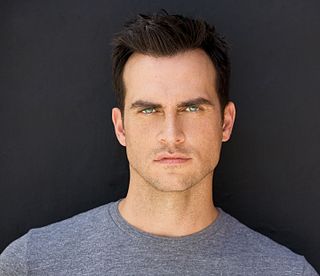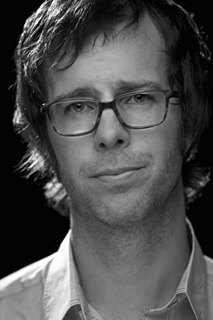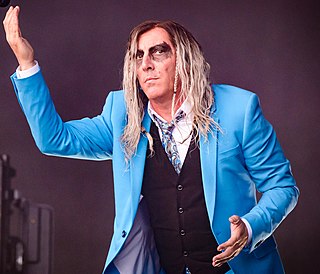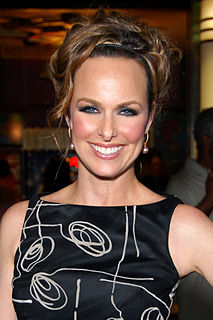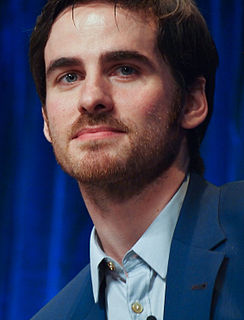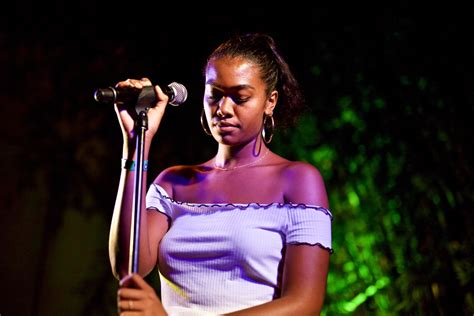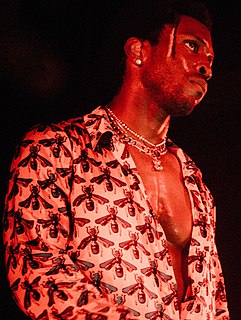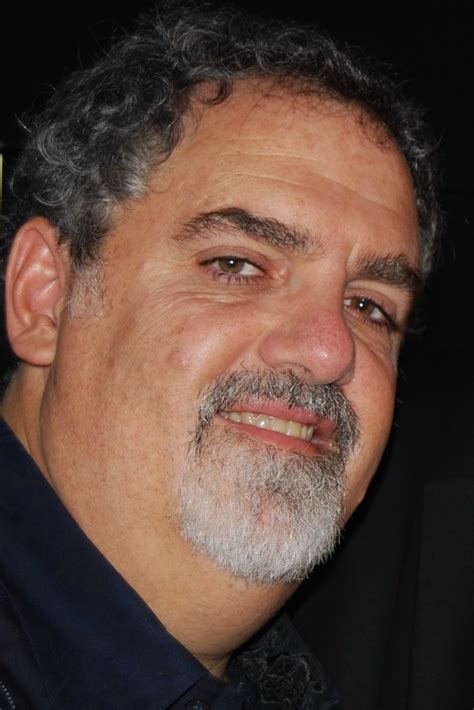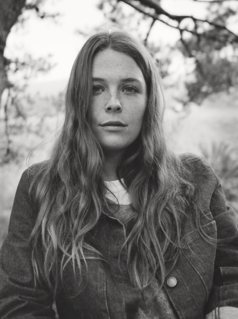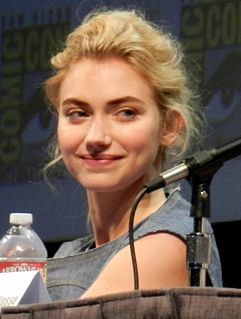A Quote by Herbie Hancock
One of the greatest experiences I ever had was listening to a conversation with Joni Mitchell and Wayne Shorter. Just to hear them talking, my mouth was open. They understand each other perfectly, and they make these leaps and jumps because they don't have to explain anything.
Related Quotes
'The Conversation' is one that, if you watch 'The Conversation' for the opening sequence, where you hear a conversation taking place as the master - this zoom from way up is zooming in over a park. And I was just absolutely blown away by it because you can hear exactly what's happening, but you don't see. You've got no idea who's talking.
I love seeing the videos of people who go and talk to these neo-Nazis because they're like, 'I'm just here to have a conversation and understand.' Having a conversation about it and talking about your emotions without judgement. You have to be able to be completely open, because they're not going to be, but you could turn a new leaf in their life.
Noam Chomsky is, in some ways, a victim of this new millennium we live in because you can't pull a sound bite from that guy and understand what he is talking about. You have to hear the whole paragraph. You have to hear the whole page. You've got to hear the whole conversation if you really want to understand it and that could change your life.
I feel bad [about Lil Wayne going to jail], because I don't think anything like this has happened in music since Elvis got drafted into the Army. Let's just keep it real - Lil Wayne is not just the biggest rapper, Lil Wayne is the biggest pop star right now. Maybe Susan Boyle is on his level. But when you talk about music, nice times out of ten, Lil Wayne's name is gonna come into the conversation.
Even if someone doesn't look like you or you don't know people like this in your real life, you get to know them and you get to see their humanity and you get to empathize with them. Our hope is that through empathy that can spark change. We hope people start talking to each other and our show sparks conversation because we need to start talking to each other, not at each other.

